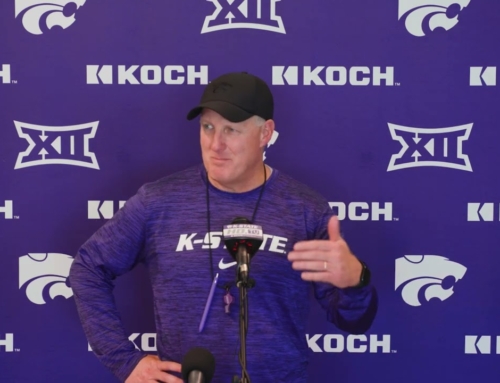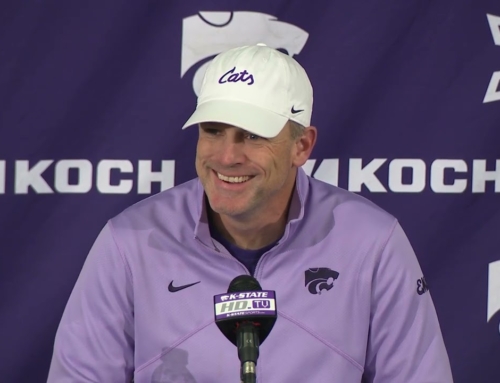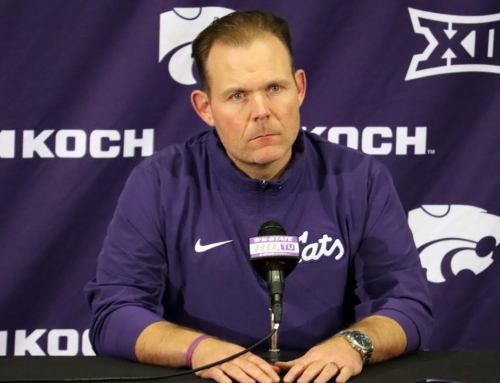Rapid response to animal health emergencies has prompted the creation of a new veterinary toxicology training program at Kansas State University.
Dr. Bob Larson, professor of livestock medicine, Dr. Bob Larson, tells KMAN the program is building upon existing strengths that K-State already has in its diagnostic lab and toxicology experts. He says toxic emergency response is common among pets, but not so much in livestock.
“We have those toxic hotlines, or poison hotlines, for pets, but we don’t really for livestock,” Larson says. “We have this strength at K-State so we applied to the USDA to get some funding to develop something similar for livestock veterinarians and producers so they can have the same kinds of resources available to them.”
The USDA gifted a grant of $248,000 that will help create a hotline for livestock toxic emergencies, will train toxicology specialists, and will train veterinarian students. Dr. Larson says toxins can come in many forms to livestock such as blue-green algae, agricultural chemicals, and lead-which in itself can come from many sources.
“It can be old batteries, it can be grease, it can be equipment that’s in a pasture, and maybe it’s been there for years but something changes, a plastic casing cracks or something like that, and then livestock have access to some of those lead sources.”
The new program will utilize veterinary telemedicine and other distance-based education resources. The call-in service will be nationwide.
Dr. Larson says he hopes the hotline will be up and running in about a year.
The post K-State Veterinary Medicine to create hotline for diagnosing toxic animal emergencies appeared first on News Radio KMAN.






